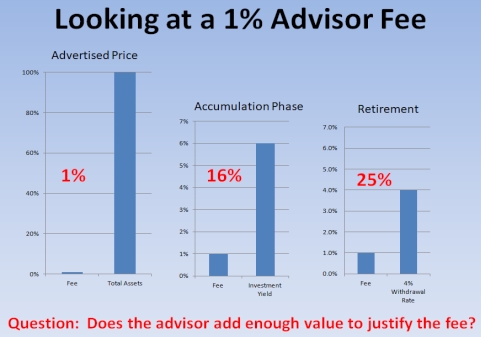RobbieB
Give me a museum and I'll fill it. (Picasso) Give me a forum ...
- Joined
- Mar 22, 2016
- Messages
- 8,968
I like Fidelity, they are just over the hill and close to a really good pizza place. And they do answer the phone and they do make appointments. I have my bond funds with them and the cool 2% visa card.
No presents though.
The FA account used to send me this absolutely gorgeous Poinsettia that has pissed off a couple girlfriends....
But the basket of gourmet chocolates has charms to sooth the savage breast -
No presents though.
The FA account used to send me this absolutely gorgeous Poinsettia that has pissed off a couple girlfriends....
But the basket of gourmet chocolates has charms to sooth the savage breast -

